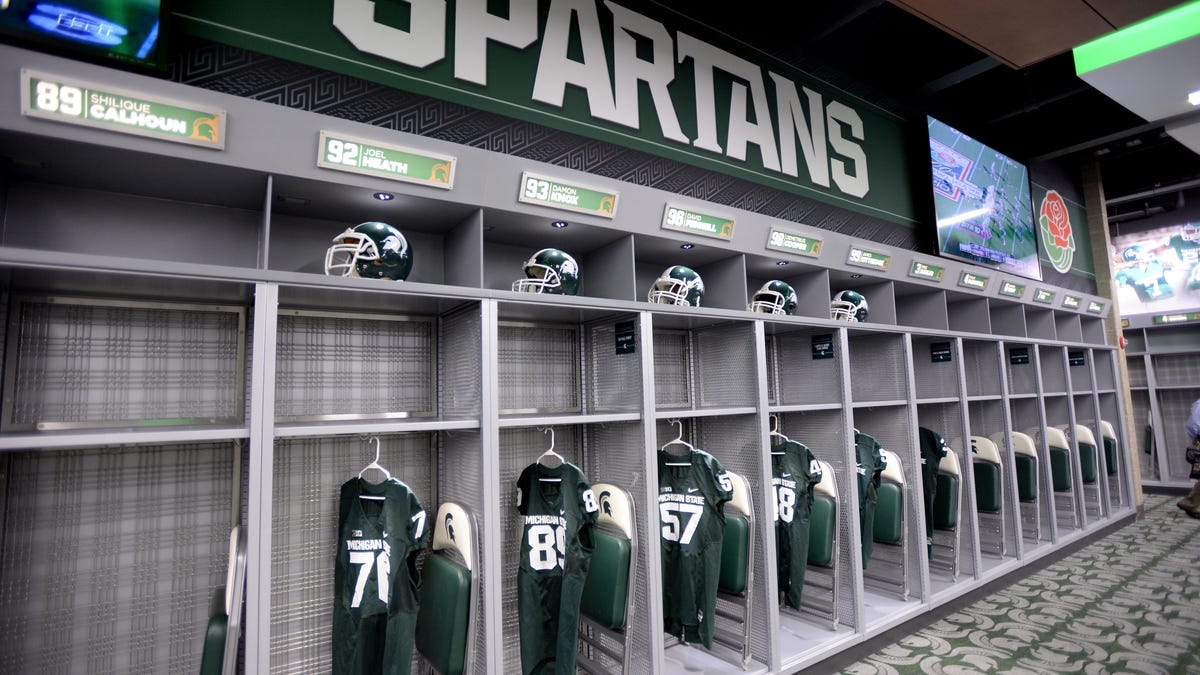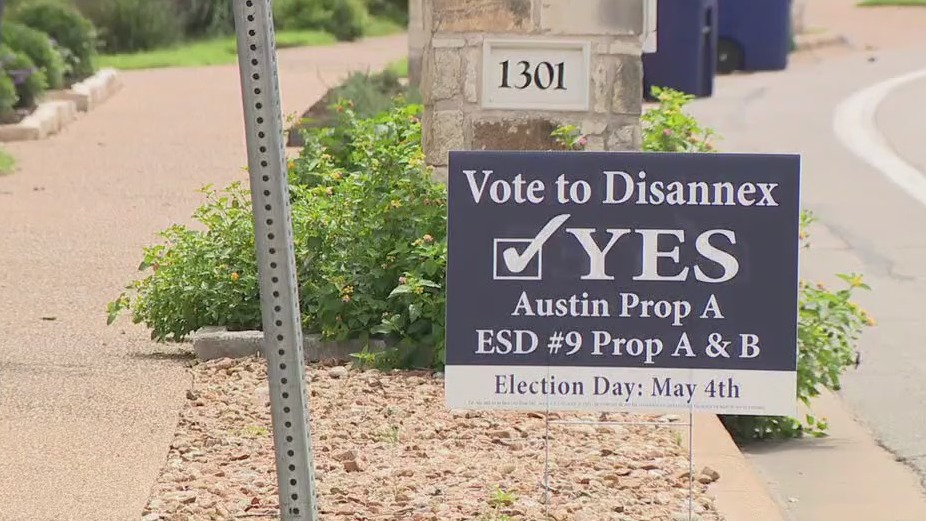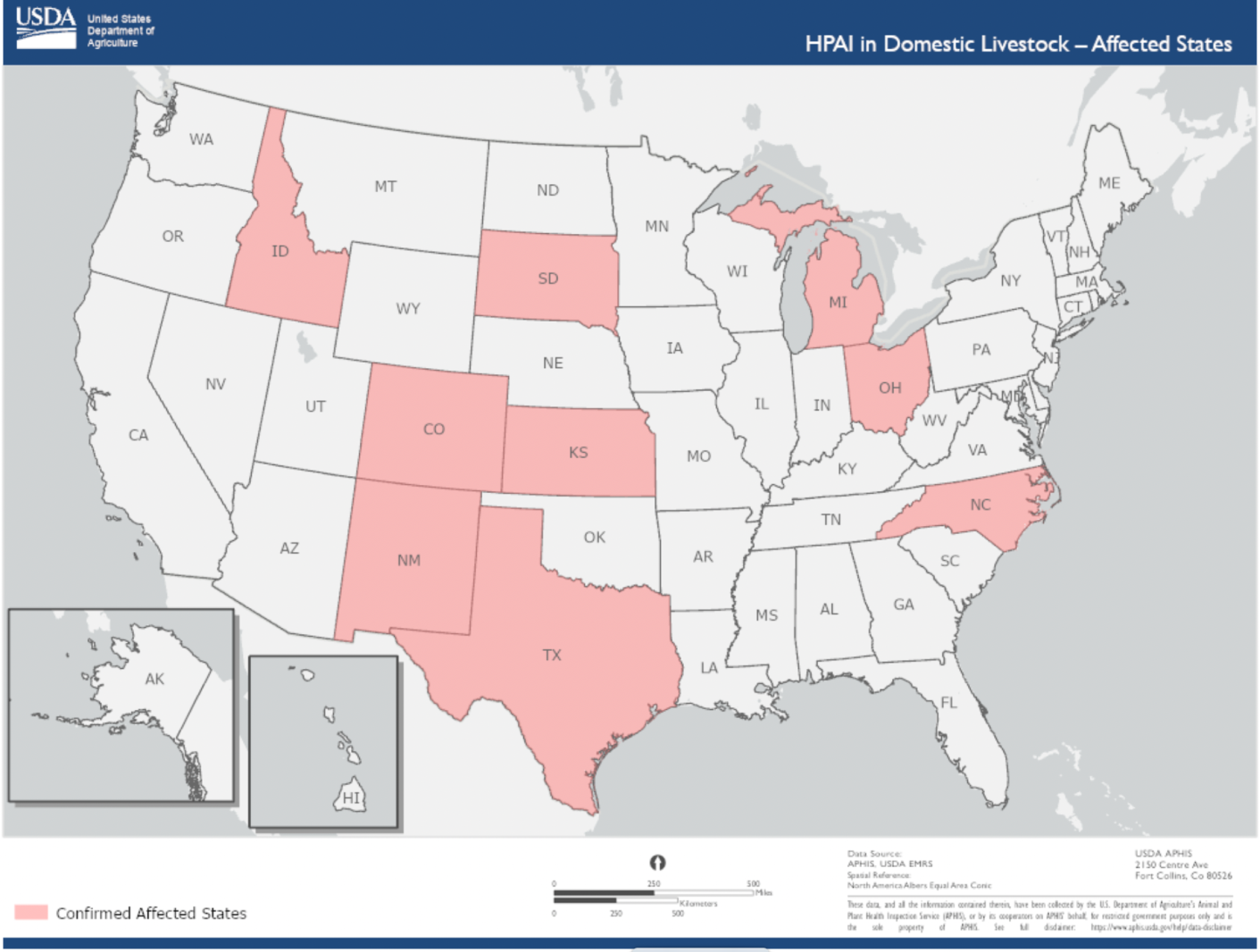North Carolina
North Carolina legislators return to adjust the budget and consider other issues
RALEIGH, N.C. (AP) — The North Carolina General Assembly is returning to regular business six months after it wrapped up a landmark session in 2023.
The House and Senate planned to gavel in daily floor meetings at midday Wednesday. The last time most legislators were together in Raleigh was in late October, when redistricting maps were debated and enacted.
Odd-numbered-year sessions begin in January, but those in even-numbered years start in the spring. with lawmakers looking to end in the early summer.
The chief job for lawmakers will be to adjust the second year of the two-year state government budget approved last year. They’re expected to consider spending more on Medicaid and beefing up funds for scholarships for K-12 children to attend private schools. A forecast shows North Carolina could have $1.4 billion more in revenues than expected through mid-2025. Other issues will surface in the weeks ahead.
Democratic Gov. Roy Cooper will unveil his own proposed budget adjustments on Wednesday as well. Republicans hold narrow veto-proof majorities, which means they can choose to ignore his preferences if GOP legislators remain united.
Last year’s session was marked by Republicans accepting Medicaid expansion, restricting abortion, broadening gun rights and weakening the governor’s power.
Cooper couldn’t seek reelection this fall due to term limits, and state House Speaker Tim Moore won’t be back after this year because he’s running for Congress.

North Carolina
UNC Basketball: Rutgers transfer Cliff Omoruyi commits to Alabama over North Carolina

Portal season, besides the commitment of Cade Tyson and return of RJ Davis, has been an underwhelming one for Hubert Davis and the Tar Heels thus far. News didn’t get any better on Sunday afternoon as top target Cliff Omoruyi chose Alabama over North Carolina and others.
The 6-foot-11 Rutgers big man was one of multiple centers that the Tar Heel staff recently pushed for to fill the departure of Armando Bacot, but Coach Davis has had zero luck and will still be searching heading into mid-May for a replacement center. After a near silent recruitment, Omoruyi was in Chapel Hill for a visit earlier this week, but it ended up not being enough to get him in Carolina blue.
This miss is extremely concerning for North Carolina, as the transfer portal window has closed and Omoruyi was presumed as the last elite center in this years cycle. For reference, Omoruyi was ranked 12th in On3’s transfer portal rankings, and the next uncommitted center is ranked 210th. As Hubert Davis has shown us in the past, it is all about fit and system more so than ranking, but there have been one too many swings and misses to be content with where the Tar Heels currently are.
Jalen Washington, Zayden High, and James Brown are the front court right now for North Carolina. Although Washington and High have shown flashes, that is a very inexperienced position group that is typically the centerpiece of Tar Heel teams. There’s reason to believe Jalen Washington will have a significantly increased role in 2024-25, but with three remaining scholarships, bringing in someone with a different skillset makes tons of sense for Hubert and his staff.
As all of the portal noise begins to die down, all eyes will be on North Carolina and how they close out what has been a poor performance to date. Talent is still on the market, but needs have to be addressed before the Tar Heels just try to fill out a roster with the best available.
North Carolina
North Carolina Man Wins $837K Lottery Prize After Sister Had a Dream He Found a 'Bunch of Gold'
:max_bytes(150000):strip_icc():focal(749x0:751x2)/david-atwell-lottery-winner-050224-8b81c6822c6f48f88bca968ade73a8e5.jpg)
There’s a healthy combination of luck and dreams involved in winning the lottery, but for one North Carolina man, it was his sister’s dream that foreshadowed his win of over $830,000.
The North Carolina Education Lottery said in a release that David Atwell, of Kannapolis, won $837,187 from the Cash 5 jackpot on April 27.
But according to lottery officials, his sister’s dream predicted his win. “In her dream I found a bunch of gold,” he said, adding, “I guess dreams do come true.”
Atwell purchased the winning ticket for $1, but said he never thought he was the actual winner.
He matched all five numbers to win the jackpot, officials noted. The odds of matching numbers on all five white balls are 1 in 962,598.
Never miss a story — sign up for PEOPLE’s free daily newsletter to stay up-to-date on the best of what PEOPLE has to offer, from celebrity news to compelling human interest stories.
“I was stunned,” he said. “At first I saw the jackpot went back down to $100,000 so I knew someone hit it. I had no idea it was me.”
On April 29, Atwell claimed his winnings, and after federal and state taxes, he took home $598,591, according to officials. He now plans to give some money to his church and pay some bills.
North Carolina has proven to be a location of luck, with Donnie Leviner beating the odds by 1 in 1,598,205 to $2 million lottery prize, lottery officials shared this week. “Something just told me to buy it,” he told officials.
According to lottery officials, Leviner has previously only purchased a few lottery tickets. This time, the 18-year-old man decided to buy the $20 Big Cash Payout ticket — and then he won. After required state and federal tax withholdings, he took home $858,006.
“I was in disbelief,” he recalled.
North Carolina
Many Florida women can't get abortions past 6 weeks. Where else can they go?
RALEIGH, N.C. (AP) — When Florida enacted its six-week abortion ban last week, clinics in several other Southern and mid-Atlantic states sprang into action, knowing women would look to them for services no longer available where they live.
Health care providers in North Carolina, three states to the north, are rushing to expand availability and decrease wait times.
“We are already seeing appointments,” said Katherine Farris, chief medical officer of Planned Parenthood South Atlantic. “We have appointments on the books with patients who were unable to get in, in the last days of April in Florida.”
Their reaction is part of a growing trend in the United States: Since the Supreme Court overturned Roe v. Wade, spurring more than 20 states to adopt laws banning or severely limiting abortions, states with looser restrictions have taken steps to welcome women who want or need to end their pregnancies.
Since the court overturned Roe in June 2022, some Democratic-controlled states have made it easier for out-of-state women to obtain abortions. Several have adopted laws protecting in-state health care workers from being investigated for providing abortion to women from states with bans. Such measures have included allowing providers to prescribe abortion pills, the most common abortion method, via telehealth.
Officials in California, New Mexico, Oregon and other states have used taxpayer money to increase abortion access.
Florida recorded more than 84,000 abortions in 2023, a slight increase from 2022. As of April 1, the state reported approximately 14,700 abortions this year, potentially leaving a substantial number of women to consider going out of state.
“Patients will travel when they’re desperate to get an abortion,” said Mara Buchbinder, a social medicine professor at University of North Carolina at Chapel Hill. “We know that.”
At one point, Florida was a go-to state for women from other Southeastern states with restrictions, including neighboring Georgia and South Carolina, which both ban abortions around six weeks of gestation, before many women even know they are pregnant.
Last year, about 7,700 abortions in Florida were for out-of-state patients, according to state data.
But the state has steadily narrowed access. In anticipation of Roe being reversed, the Legislature passed a 15-week ban in April 2022 that took effect despite a court challenge. In 2023, it passed a six-week abortion ban that would take effect only if the earlier ban held up in court. The state Supreme Court upheld the ban last month, and the new law quickly went into effect.
A referendum in November asking voters to codify abortion rights in Florida’s constitution could reverse the ban. But at least until then, Florida abortion advocacy groups will still need to organize many out-of-state trips.
For women who are more than six weeks pregnant, South Florida is now the farthest from a legal provider of any highly populated area in the U.S. Subsequently, the average cost per abortion is expected to jump from $600 or $700 to as much as $1,800 or more, said Daniela Martins, a board member and caseworker team leader at the Women’s Emergency Network, a nonprofit organization that helps people in the region pay for abortion and other reproductive health care.
Martins said her group anticipates helping women get to Virginia and places even farther north, such as Maryland and Washington, D.C. She said it is committed to not turning away clients in need, though raising enough money to honor that commitment could be challenging.
“We’ve seen a lot of outpouring of support,” she said. “It’s nowhere near what we project we’ll need.”
Another group, The Brigid Alliance, which provides travel and support across the country for women seeking abortions after 15 weeks of pregnancy, is preparing for more needs in the coming months.
Serra Sippel, the group’s interim executive director, said the alliance is adding six new logistical coordinators, including four who speak Spanish, and is partnering with a clinic in Puerto Rico, an option particularly for Spanish-speaking people.
One of the largest patient influxes is anticipated in North Carolina, where, even before Florida’s ban, 32% of abortions provided at the state’s Planned Parenthood clinics were for out-of-state patients, Farris said.
But while it might be the most convenient place for Florida women given its geographical proximity, North Carolina is not without its own set of hurdles. The state’s 2023 law allows for abortions through 12 weeks of pregnancy, but requires two in-person visits to a provider 72 hours apart.
Those extra steps can turn a single-day procedure into a weeklong affair, said Justine Orlovsky-Schnitzler, engagement director for Carolina Abortion Fund, a nonprofit in North Carolina and South Carolina that operates a helpline to assist callers with abortion care.
Providers in North Carolina also fear the arrival of new patients will lengthen the wait time for an abortion, currently five to 20 days. Planned Parenthood South Atlantic, which serves North Carolina, South Carolina, Virginia and West Virginia, is trying to avoid that by rolling out seven additional days of abortion services and adjusting providers’ schedules at North Carolina clinics to expand availability, Farris said.
“We are all willing to do the work,” she said. “Operationally, it is incredibly challenging, and I think it’s important to remember that this is a chaotic system.”
Farris, who provides abortions in North Carolina, has to turn away patients who don’t qualify under the state’s law because they are more than 12 weeks along. She initially refers them to Virginia, which allows abortions until 24 weeks. If there are no appointments available, women can travel to Maryland, Washington or places farther north.
Carolina Abortion Fund has six staff members and a volunteer network, but working there could often feel like having two full-time jobs even before Florida’s ban, Orlovsky-Schnitzler said.
Volunteers have sometimes stayed up until midnight to help someone coordinate an emergency abortion, and there have been months in which the organization has received as many as 1,000 calls, she said. After Roe was overturned, calls rose by 400%.
“That’s not an exaggeration,” she said.
The center received 650 calls in April alone, according to data it provided.
The organization often runs out of money, but Orlovsky-Schnitzler said that doesn’t stop workers from answering every call to get people the help they’re seeking.
Staff at A Preferred Women’s Health Center in North Carolina, with clinics in Charlotte and Raleigh, are fielding about 4,000 calls weekly, most from women in Southern states, Executive Director Calla Hales said.
Since Roe was overturned, about 70% of the clinics’ approximately 13,000 abortions each year have been with out-of-state patients, she said.
The center also operates two clinics in Georgia under the state’s six-week ban. The clinics’ operations there may give a preview of what’s to come in Florida, Hales said.
“As soon as they pee on a pregnancy stick, they’re running in,” she said.
___
Associated Press writer Amanda Seitz in Washington, D.C., contributed to this report.
-

 World1 week ago
World1 week agoEU Parliament leaders recall term's highs and lows at last sitting
-

 Politics1 week ago
Politics1 week agoGOP lawmakers demand major donors pull funding from Columbia over 'antisemitic incidents'
-

 World1 week ago
World1 week agoHamas ‘serious’ about captives’ release but not without Gaza ceasefire
-

 Tennessee1 week ago
Tennessee1 week agoHow to buy JC Latham’s Tennessee Titans jersey after 2024 NFL Draft selection
-

 News1 week ago
News1 week agoBoth sides prepare as Florida's six-week abortion ban is set to take effect Wednesday
-

 Politics1 week ago
Politics1 week agoColumbia University’s policy-making senate votes for resolution calling to investigate school’s leadership
-

 Michigan1 week ago
Michigan1 week agoMichigan State football adds DT Brandon Lane from Stephen F. Austin
-

 Politics7 days ago
Politics7 days agoHouse Republicans brace for spring legislative sprint with one less GOP vote















